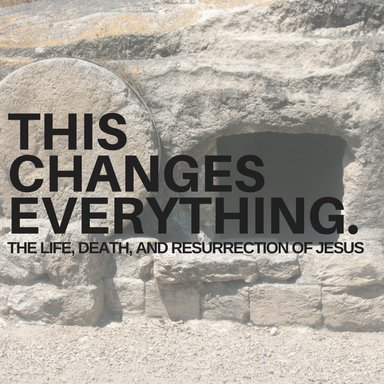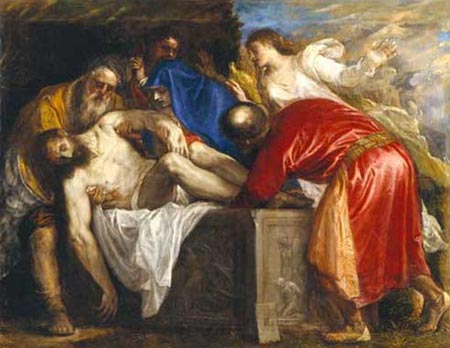The following comes from John Calvin's Catechism of Geneva. Note especially the 3rd question...
-------
Q268 M. What understand you by the kingdom of God in the second petition?
S. It consists chiefly of two branches — that he would govern the elect by his Spirit — that he would prostrate and destroy the reprobate who refuse to give themselves up to his service, thus making it manifest that nothing is able to resist his might.
Q269 M. In what sense do you pray that this kingdom may come?
S. That the Lord would daily increase the numbers of the faithful — that he would ever and anon load them with new gifts of his Spirit, until he fill them completely: moreover, that he would render his truth more clear and conspicuous by dispelling the darkness of Satan, that he would abolish all iniquity, by advancing his own righteousness.
Q270 M. Are not all these things done every day?
S. They are done so far that the kingdom of God may be said to be commenced. We pray, therefore, that it may constantly increase and be carried forward, until it attain its greatest height, which we only hope to take place on the last day on which God alone, after reducing all creatures to order, will be exalted and pre-eminent, and so be all in all. (1 Corinthians 15:28.)
-------
So Postmil or not?


